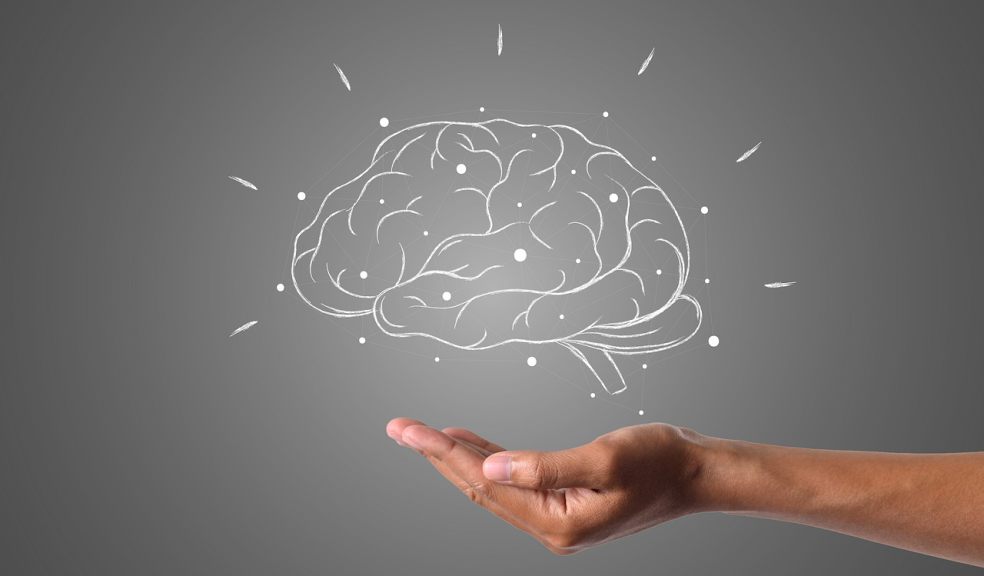
Enhancing Brain Performance: A Comprehensive Guide to Advanced Therapies
In recent years, there has been significant interest in therapies designed to enhance brain performance. These therapies, often rooted in advanced medical science, aim to improve cognitive function, recover from brain injuries, and support overall mental health. One such therapy is Hyperbaric Oxygen Therapy (HBOT). This detailed guide explores HBOT and other related advanced therapies, focusing on their benefits, applications, and the science behind them.
Understanding Hyperbaric Oxygen Therapy (HBOT)
Hyperbaric Oxygen Therapy involves breathing pure oxygen in a pressurized environment. This increases the oxygen concentration in the blood, promoting healing and improving health outcomes. Originally used to treat decompression sickness in divers, HBOT is now applied to various medical conditions, including traumatic brain injury (TBI), chronic fatigue syndrome, and stroke recovery.
The Science Behind HBOT
The effectiveness of HBOT is based on its ability to enhance oxygen delivery to tissues. The increased oxygen levels help reduce inflammation, promote angiogenesis (formation of new blood vessels), and accelerate the healing process. Additionally, HBOT supports neuroplasticity, the brain's ability to reorganize itself by forming new neural connections, which is crucial for cognitive recovery and enhancement.
For more detailed insights into the benefits and mechanisms of HBOT, you can visit Johns Hopkins Medicine.
Applications of HBOT
- Stroke Recovery: HBOT can significantly aid in the recovery process following a stroke by improving oxygen supply to the affected brain regions, enhancing neuroplasticity and cognitive functions.
- Traumatic Brain Injury (TBI): Patients with TBI benefit from HBOT as it helps reduce brain inflammation, promotes healing, and improves cognitive and motor functions. Additional information on this can be found at Hyperbaric Medical Solutions.
- Chronic Fatigue Syndrome: For individuals suffering from chronic fatigue syndrome, HBOT can boost energy levels, improve sleep, and reduce fatigue by enhancing oxygen delivery to tissues.
- Athletic Performance and Recovery: Athletes use HBOT to speed up recovery from injuries, reduce muscle fatigue, and enhance overall performance by improving oxygenation and reducing inflammation. Research conducted by Mayo Clinic provides further evidence on the benefits of HBOT for athletic recovery.
Other Advanced Therapies for Brain Performance
In addition to HBOT, several other innovative therapies are making strides in the field of brain performance enhancement:
- Neurofeedback: This non-invasive therapy uses real-time monitoring of brain activity to help individuals regulate their brain function. It is particularly effective in treating conditions like ADHD, anxiety, and depression.
- Transcranial Magnetic Stimulation (TMS): TMS is a non-invasive procedure that uses magnetic fields to stimulate nerve cells in the brain. It is commonly used to treat depression and is being explored for other neurological and psychiatric conditions.
- Photobiomodulation: This therapy involves the use of near-infrared light to stimulate cellular function. It has shown promise in treating conditions such as traumatic brain injury, stroke, and neurodegenerative diseases.
- Nutritional Interventions: Tailored nutrition plans focusing on brain health can significantly enhance cognitive functions. Diets rich in omega-3 fatty acids, antioxidants, and other essential nutrients support brain health and can improve mental clarity, focus, and overall cognitive performance.
Integrative Approach to Brain Health
Combining advanced therapies with traditional medical treatments provides a holistic approach to health and wellness. Integrative therapies address not only the symptoms but also the underlying causes of various health issues, promoting long-term health and well-being.
For instance, Aviv Clinics offers a comprehensive program that integrates HBOT with cognitive training and nutritional support to optimize brain performance. This approach underscores the importance of addressing multiple facets of health to achieve optimal results.
Benefits of Integrative Therapies
- Personalized Treatment Plans: Integrative therapies are tailored to meet individual needs, ensuring personalized care that addresses specific health issues and goals.
- Comprehensive Care: By combining various therapeutic modalities, integrative therapies provide comprehensive care that supports overall health and well-being.
- Improved Outcomes: Integrative approaches often lead to improved health outcomes by addressing the root causes of conditions and promoting holistic healing.
- Enhanced Quality of Life: Patients undergoing integrative therapies often experience enhanced quality of life, including better cognitive function, reduced symptoms, and improved physical health.
Conclusion
Innovative therapies like Hyperbaric Oxygen Therapy, neurofeedback, TMS, and photobiomodulation represent the future of brain performance enhancement. These treatments offer hope and tangible benefits for individuals suffering from a wide range of conditions. As research continues to evolve, these therapies are likely to become more accessible and widely adopted, transforming the landscape of health care and offering new pathways to improved health and quality of life.
By understanding and embracing these advanced therapies, we can take proactive steps towards better health, enhanced cognitive function, and overall well-being. Whether recovering from an injury, managing a chronic condition, or seeking to improve athletic performance, these cutting-edge treatments provide valuable tools to support our health journeys.

















